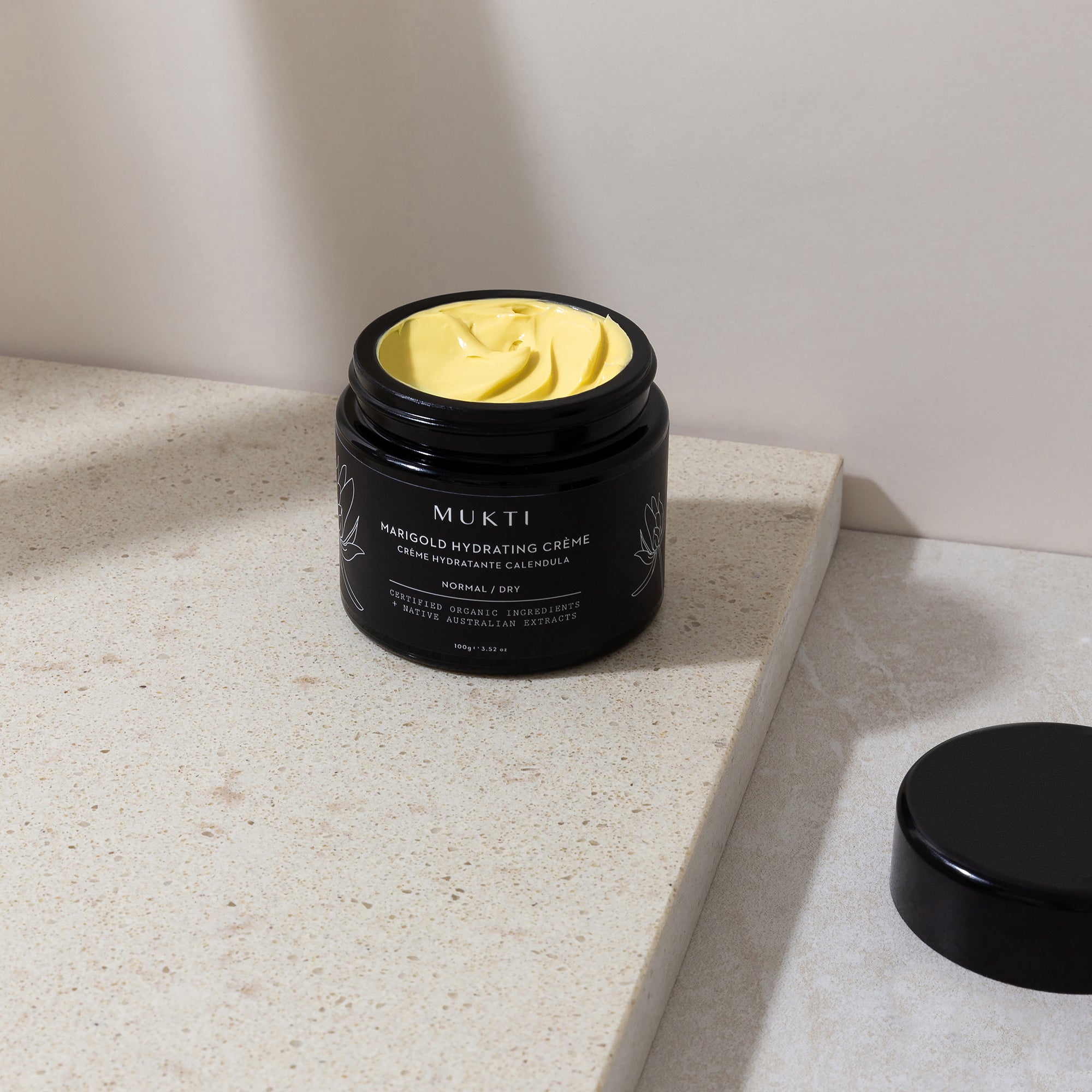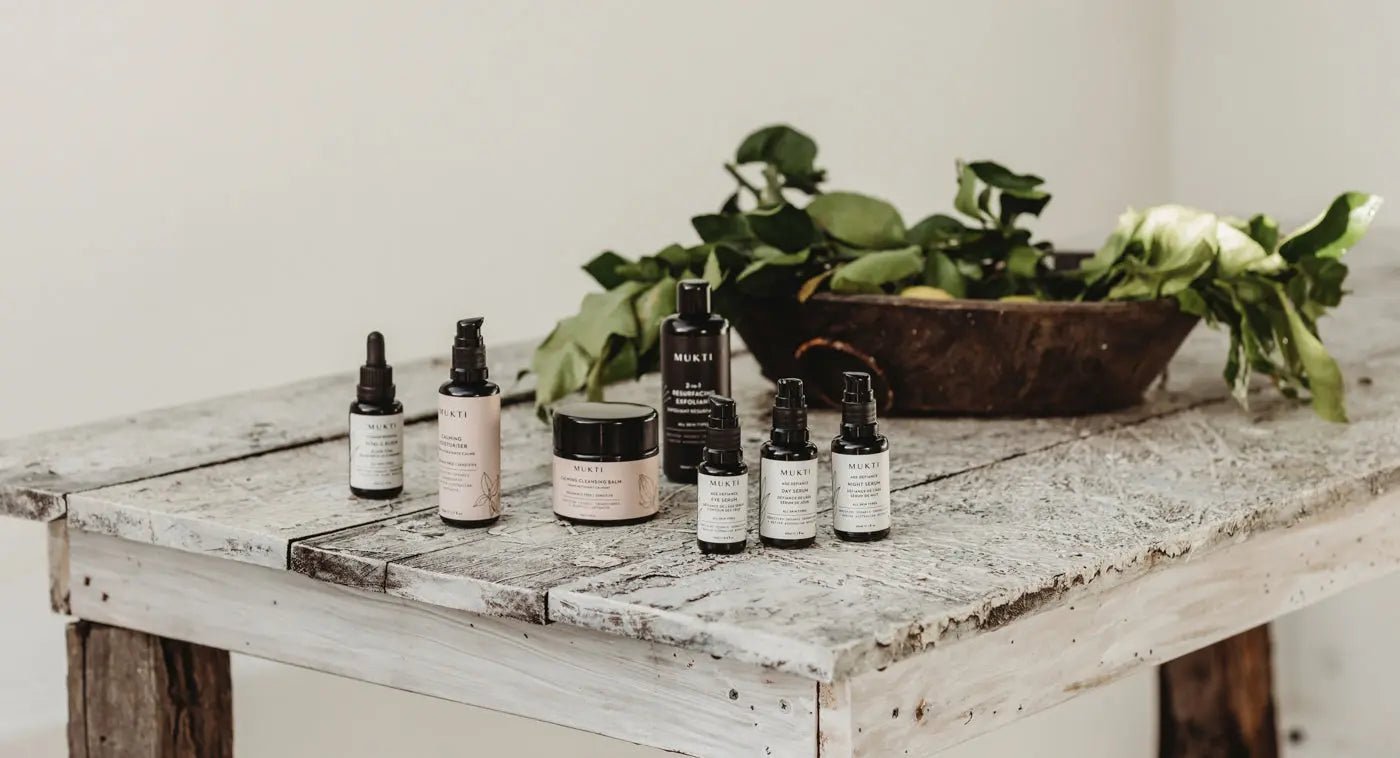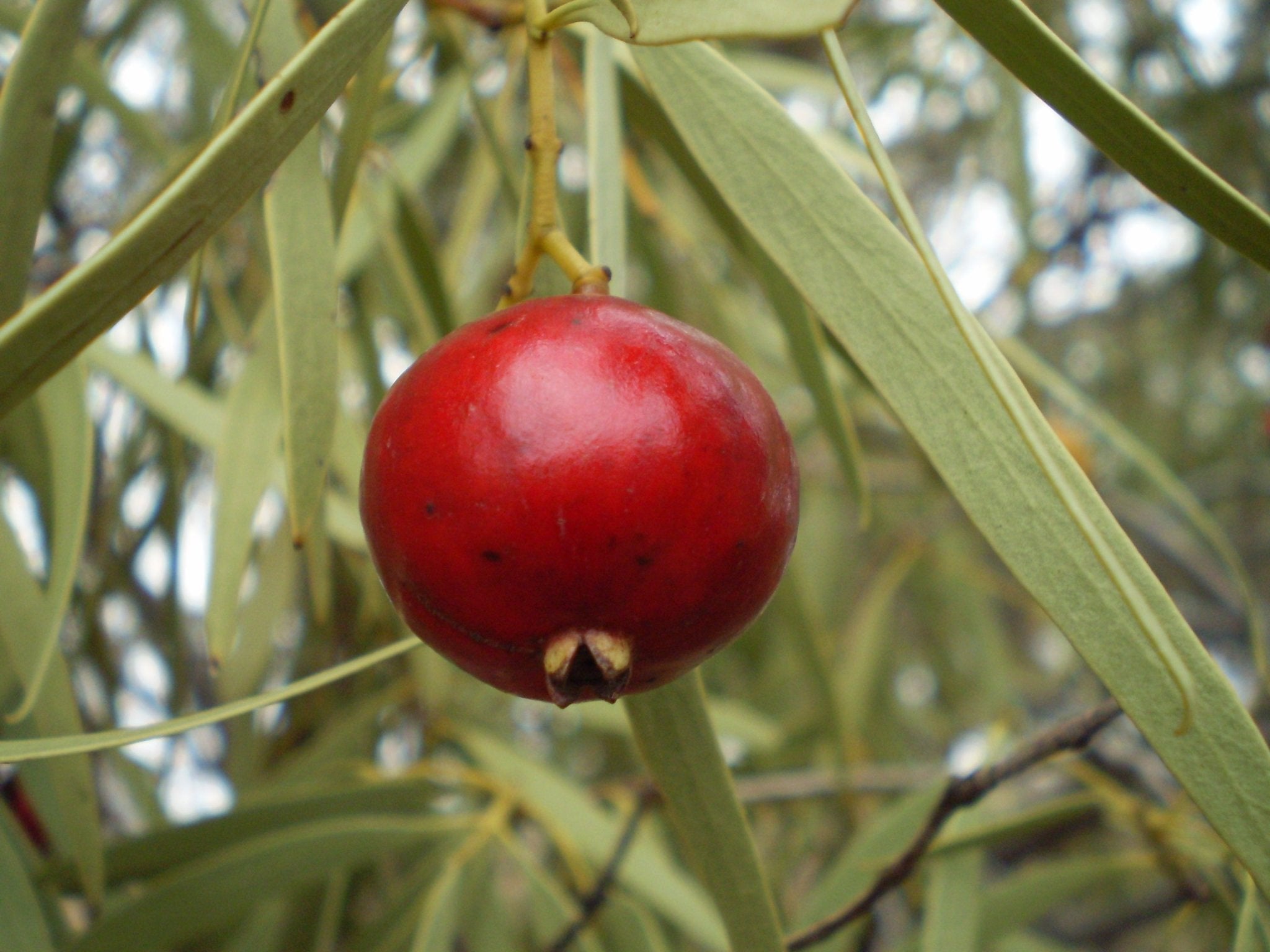
Pathogens in cosmetics: how to avoid contaminating your skincare products
Are you a double-dipper? No, I'm not talking about dipping your rice cracker into the beetroot dip twice. I mean, do you have a habit of double- dipping your finger into a jar of cream to use on your face?
When it comes to contamination of skin care products. They are the perfect breeding ground for:
- Bacteria
- Mould
- Yeast
Most cosmetics contain an abundant amount of water and nutrients providing good substrates for the survival of a variety of microorganisms. The microbial contamination of cosmetics and the survival of microorganisms can deteriorate the quality of the cosmetic product and seriously affect human health. Although safety issues resulting from contaminated cosmetics are currently rare, product recalls still occur worldwide due to microbial contamination.
Your fingers and hands are dirtier than you think and contamination of your skin care products happens in the blink of an eye. Even if you wash your hands, nasty little germs will still be hiding underneath your fingernails and once they get into your product and begin to multiply, look out. Even more concerning is that they are not always visible to the naked eye until they begin to proliferate.
Pathogens in cosmetics can cause all kinds of health problems: skin and eye infections, strep throat, toxic shock, food poisoning, thrush and a bunch of other nasty stuff.
Many mainstream cosmetics companies use harsh, potentially toxic preservatives like parabens, phenoxyethanol, formaldehyde and triclosan because they know pathogens in cosmetics pose a real danger. Preservatives commonly used in topical formulations possess a well-known antibacterial activity on major pathogens such a S. aureus and Escherichia coli.
There is growing evidence that pollutants, phthalates, and other chemicals, also included in cosmetic products can act as endocrine disruptors, interfering with the skin neuroendocrine system.
Certified organic and natural skin care have to be very careful with preservation systems, as we don't use the heavy duty toxic stuff. They tend to be more reliant on pH and alcohol content to assist with natural preservation.
It's important when you use organic or natural skin care products — or any skin care products for that matter to follow these basic guidelines
- Ensure you have clean, washed hands
- Always use the spatula provided (or a clean cotton bud)
- Never, never double-dip! This is particularly important with jars of cosmetics; tubes keep the contents cleaner for longer.
- Sterilise brushes, sponges, and cloths after each use.
It's also important to check the use-by date and discard skin care products after they've expired. Generally, organic and natural products have a shorter use by date and storage considerations as they may be more sensitive to light and air.
A good rule of thumb (or finger) is to use anything in an open jar within three months of opening. If the product contains lots of natural plant oils, they could me more prone to oxidation and hence will oxidise over time and each time you expose your product to air. Extracts such as Rosemary or additional Vitamin E can tend to prolong the shelf life so look out for those ingredients in your natural and organic products.




Leave a comment
This site is protected by hCaptcha and the hCaptcha Privacy Policy and Terms of Service apply.